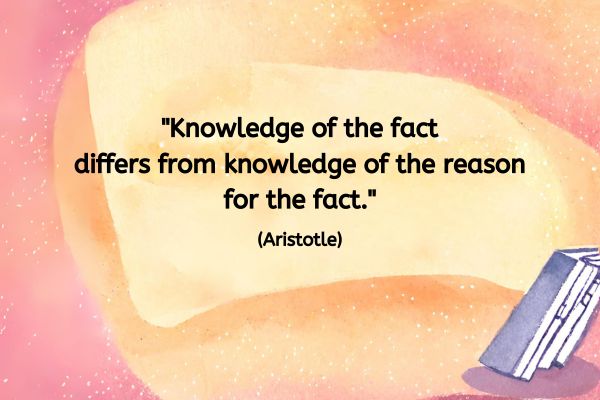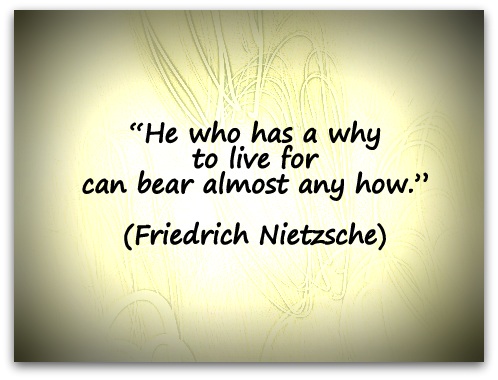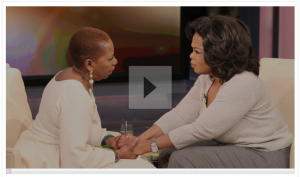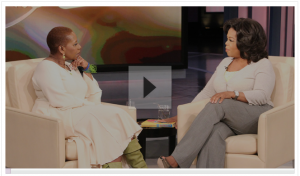The Power of Understanding: Exploring the ‘Why’ in Coaching

Todays quote is:
“Knowledge of the fact differs from knowledge of the reason for the fact,” (Aristotle)
This quote prompted me to consider the role of understanding in coaching. In the realm of coaching, we often wield effective strategies, techniques, and methods to guide our clients. However, how crucial is it for coaches to comprehend the ‘why’ behind their approach? In this blog post, I briefly cover my thoughts as I contemplated the impact of understanding on coaching effectiveness.
The Importance of Understanding:
As coaches, the question arises: How important is it for us to understand the ‘why’ behind our coaching approaches? This pondering will also probably leads us to examine our own coaching philosophies and methodologies. While some coaching schools discourage the use of ‘why’ in a coaching session. let’s momentarily set aside those constraints and explore the potential impact of a deeper understanding when looking at the topic of coaching.
One of the things that often can jump out to me as a client talks is what’s suggested as the foundations behind what is being said – if there is an innocent misunderstanding being suggested underpinning what looks like a fact to them? If so that will give me a clue of what direction to go in next.
Flexibility in Coaching:
In my personal experience, an understanding of the principles underlying my coaching approach enhances flexibility when working with clients. It allows for a more dynamic adaptation of approaches to suit individual needs. The ‘why’ becomes a guiding light, enabling me to navigate through diverse client scenarios with more agility and precision.
For me personally, its also one of the reasons why I have continued to explore this understanding. I happen to believe that as a coach my style and approach have evolved naturally – its seldom been about having a major goal I’ve decided upon when its come to that, its what has naturally unfolded as I’ve seen and learnt more.
Impact on Coaching Effectiveness:
How about you, fellow coaches? In your experience, does having a greater understanding around the coaching approach enhance its effectiveness? Does a deep comprehension of the ‘why’ make your coaching more impactful when working with clients? Alternatively, have you found success in simply implementing strategies without delving into the intricacies of their underlying principles?
Personal Perspectives:
For some, knowing the ‘why’ may be a cornerstone of their coaching practice, providing a solid foundation for client interactions. For others, the focus might be on the tangible implementation of proven methods, with less emphasis on the underlying theories. I’m sure there’s also some who fall in the middle of those two perspectives!
Aristotle’s words invite us to contemplate the interplay between knowledge of facts and understanding the reasons behind them in the context of coaching. As coaches, we navigate a dynamic landscape where the ‘why’ can add depth and flexibility to our practice. Whether you find empowerment in understanding the ‘why’ or thrive in the realm of simply practical application, the essence of effective coaching lies in the positive impact we create for our clients.
Share your thoughts and experiences below. How does your understanding of the ‘why’ impact your coaching journey? Let’s continue the conversation on the ever-evolving path of coaching effectiveness.
About Jen Waller

Jen Waller is on a mission to support, nurture and encourage coaching skills and talents from non-coach to coach and beyond.
As an experienced coach and trainer Jen is happy to utilise all skills at her disposal to assist clients from getting out of their own way and making a difference in the world with their coaching. Find out more about the suppurt Jen offers here.



